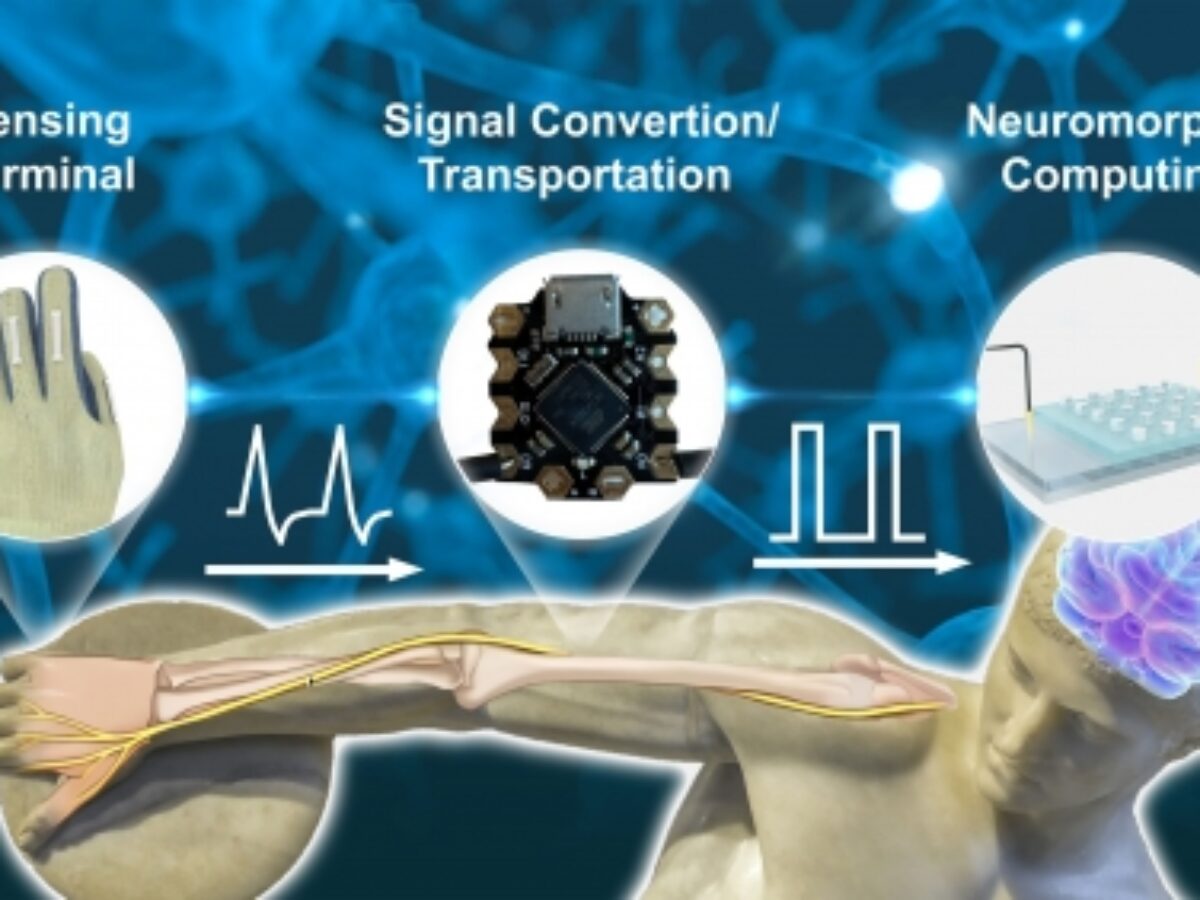Researchers develop human-inspired electronic skin

Researchers from the University of NSW have developed artificial synapses and sensors to create an electronic material, able to detect subtle human motion and monitor physiological signals, and inspired by human skin.
The scientists published their work in Advanced Functional Materials, describing a device that required little power to run and that was “able to detect mechanical stimuli for information processing, including gesture and handwriting recognition,” according to a statement from the university on Wednesday.
“Our system is proposed to mimic the functionality of the human skin, and several skin-like capabilities have been demonstrated,” said lead author on the paper, Professor Dewei Chu.
According to the statement, artificial skins under development are of interest for applications such as health information monitoring, but are unable to process signals, and this would require a processor with additional power to run.
The team combined their sensors with artificial synapses, which were inspired by the way biological synapses relay signals between neurons and “play a key role in brain memory and learning functions”.
“The electric current that powers our device corresponds to the strength of the connection between two neurons,” said Chu.
“And we applied electric stimuli to control the device conductance to emulate human synaptic behaviours.
Chu offered that the work could have future uses in smart, wearable computing devices or in soft robotics.
UNSW said there was some way to go in developing the system, which could recognise certain, simple gestures, but struggled with less obvious ones, with “further modification of materials and device structures” required.
Picture: credit UNSW
Topics Manufacturing News
@aumanufacturing Sections
Analysis and Commentary Awards casino reviews Defence Gambling Manufacturing News Online Casino Podcast Technology Videos





